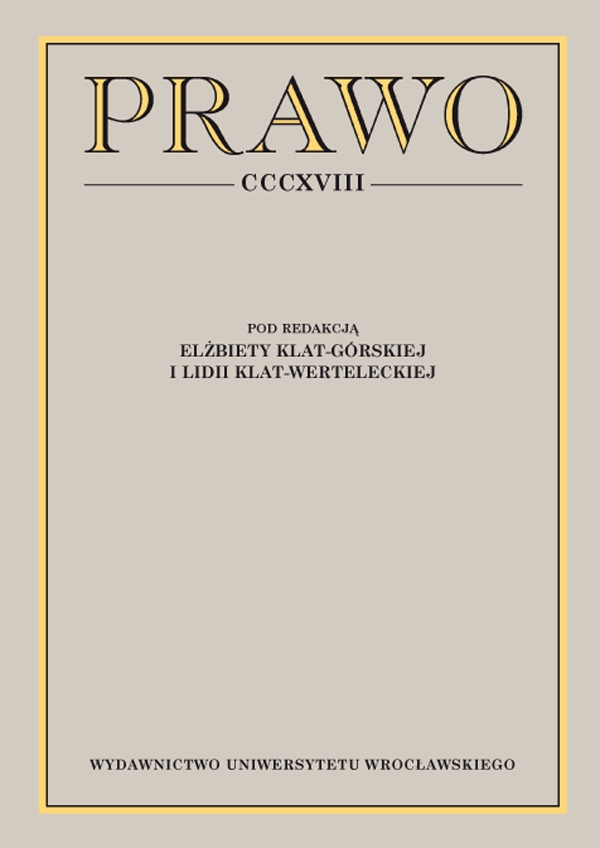

Artykuły

The principle of sustainable development as the background of the conflicts in spatial land planning
The object of this study is an answer to the question of whether and how the principle of sustainable development can be the background for the emergence of conflicts in the spatial land planning. The space is a public good and the place of integration of economic, social and environmental factors, which are a pillar of sustainable development. When these factors are not in balance, there is a conflict situation. In the practice of the principles of sustainable development it is important to use both the economic advantages of space, environmental protection requirements and social expectations. Balancing these values requires public entities’ continuous evaluation and assessment of areas in terms of their suitability for a particular purpose. Spatial planning should be carried out as efficiently as possible in economic terms, that is, in those areas where it is economically justified, while not associated with a nuisance to third parties or other values e.g. environmental or historical it should be allowed to invest. On the other hand, where there is a valuable area in terms of nature, the body should run all possible and available on the basis of generally applicable provisions protective measures. Unfortunately, in this field it comes to the adverse effects of a dispute or conflict.
To answer the question posed above, please refer to the essence of sustainable development, vividly depicted using three overlapping circles, which are the core values of contemporary development: society, economy and environment. Against this background, we have to deal with three types of relationships within which may occur conflict situations. The first line is the relation of spatial economy — environment, the second — land planning — society and third environmental society — society.